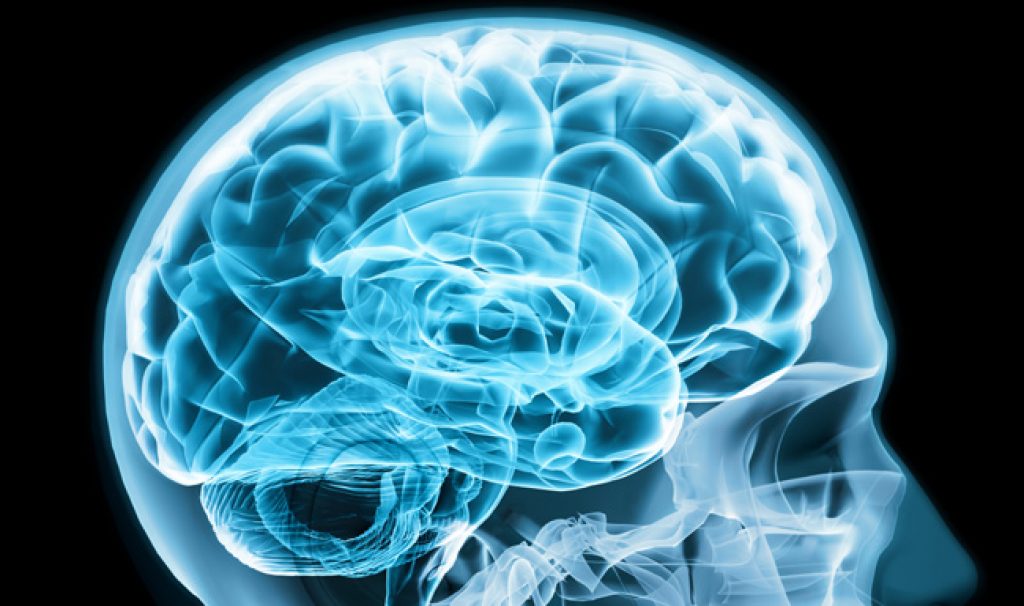While compulsive alcohol use remains an elusive subject for researchers, a recent study is allocating new insight into how certain brain circuits control compulsive alcohol drinking and risks on the likelihood of developing alcohol use disorder.
According to the study, released online in Science, researchers focused on identifying the brain circuits associated with any increased risk of compulsive drinking by initiating a series of tests on rodents.
They administered a test known as a binge-induced compulsion task (BICT), created to study how risk towards alcohol use interacts with experience to induce excessive drinking among the rodents. The following three groups were established: low drinkers, high drinkers, and compulsive drinkers.
During the study, microdenoscopic single-cell resolution calcium imaging was used to measure cells and brain regions vital for drinking behaviors. Among the brain regions researchers focused on were the medial prefrontal cortex and the periaqueductal gray matter.
Based on the findings, they determined that neural communication patterns of those two brain regions was linked to the development of compulsive alcohol use and served as a biomarker.
“Now, we can look into the brain and find activity patterns that predict if mice will become compulsive drinkers in the future, before the compulsion develops,” said Kay Tye, researcher of the study.
“I hope this will be a landmark study, as we’ve found (for the first time) a brain circuit that can accurately predict which mice will develop compulsive alcohol drinking weeks before the behavior starts,” Tye added.
“This research bridges the gap between circuit analysis and alcohol/addiction research, and provides a first glimpse at how representations of compulsive alcohol drinking develop across time in the brain.”


